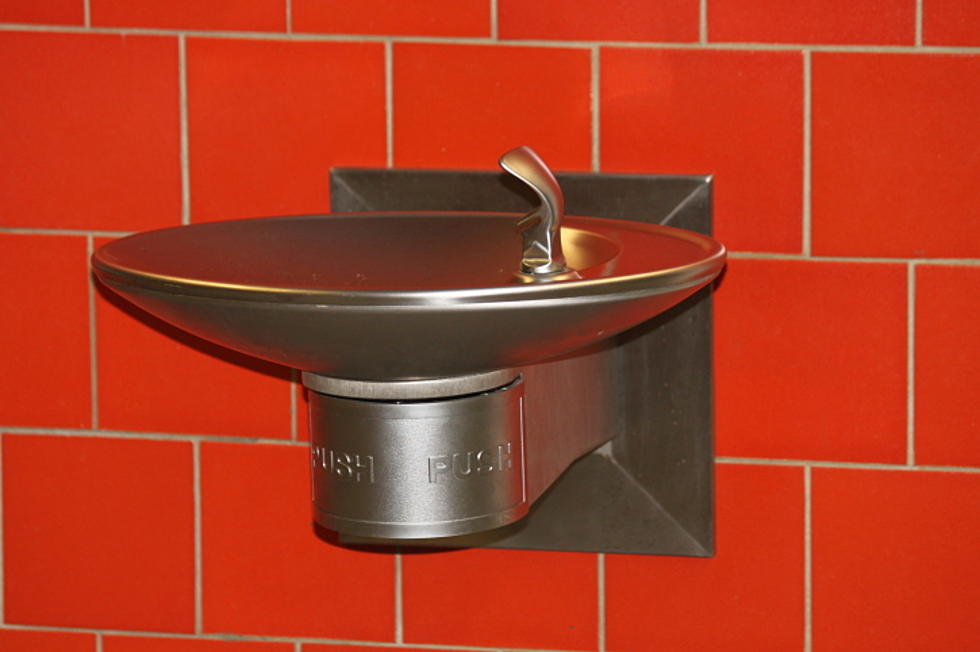
Lead testing at schools, child care centers — NJ bill creates new public database
Through a New Jersey database, parents already have the option to confirm whether their kids' school district has conducted mandatory lead testing in drinking water, and see the results.
A proposed law advanced by an Assembly committee aims to expand transparency in this area by giving parents access to results for individual schools and child care centers.
"The impacts of lead exposure, in children especially, can cause serious health concerns," said Asm. Sterley Stanley, D-Middlesex, a primary sponsor of the measure. "I think it's very important that we keep a steady watch on this."
School districts in New Jersey are currently required to perform lead tests every three years. And regulations from 2017 require all licensed child care centers to test for lead in drinking water.
The bill, unanimously approved by the Assembly Environment and Slid Waste Committee on Nov. 15, would require the Department of Education and the Department of Children and Families to establish an online reporting system for schools and child care centers to report lead testing results. Within 90 days of the creation of the database, schools and centers would have to submit or resubmit lead testing results for public access.
"An easily searchable public database of testing will provide parents with the transparency that they deserve and will allow families to take the necessary precautions to keep their children protected from lead in drinking water," Assembly sponsors said in a joint statement.
Contact reporter Dino Flammia at dino.flammia@townsquaremedia.com.
Answers to 25 common COVID-19 vaccine questions
LOOK: Here are the pets banned in each state
More From New Jersey 101.5 FM









